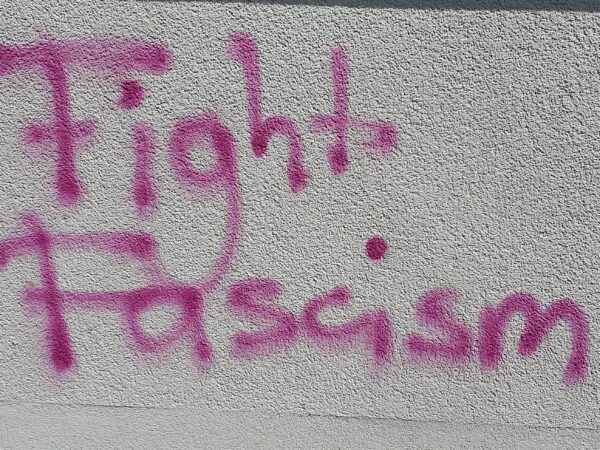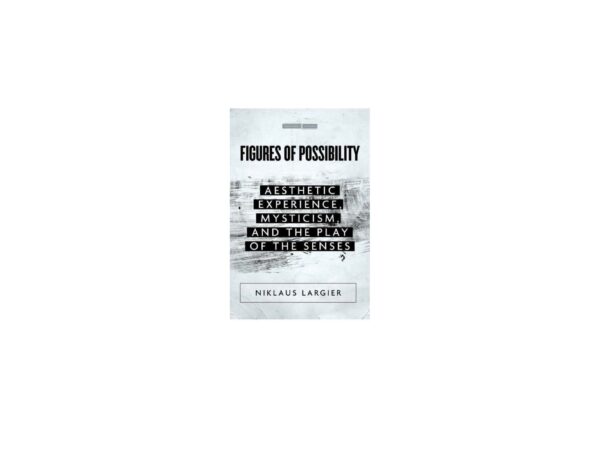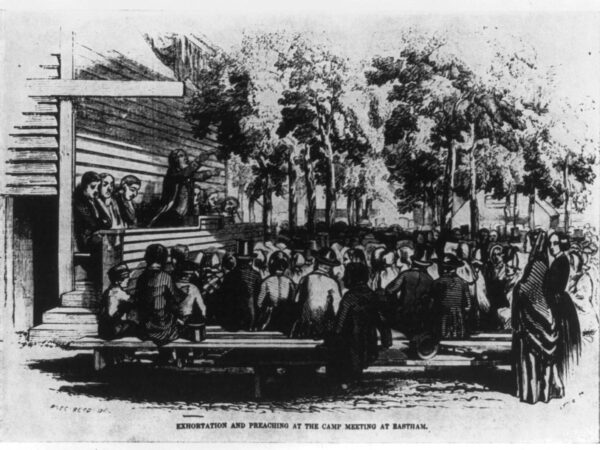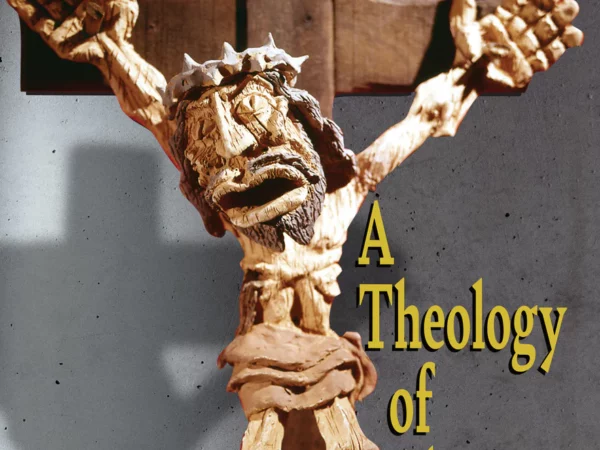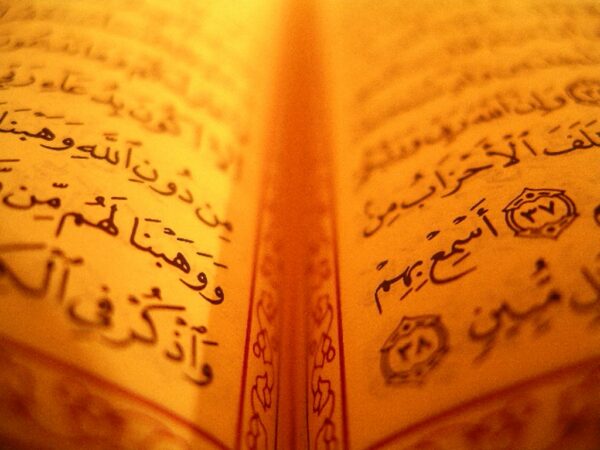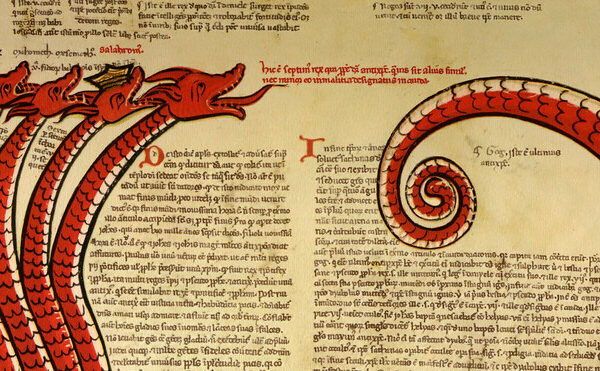
This symposium brings together three thinkers on the ideas of nature, animals, God, and the relationship between all of them.
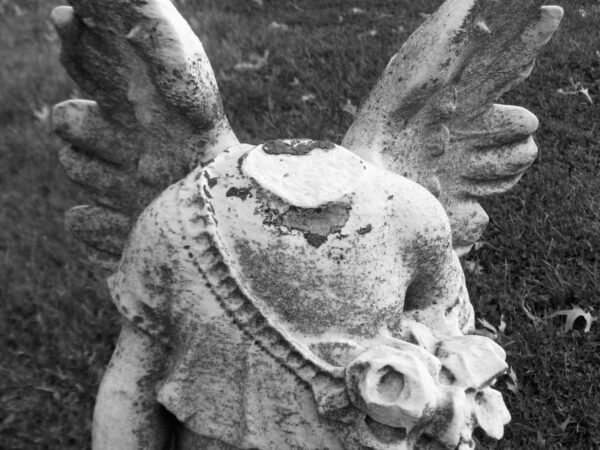
The Politics of Atheism Symposium sheds light on atheism’s emancipatory force. With a commitment to immanence, atheism can provide a counterweight to the pervasive appeals to God or other transcendent ideas used to legitimate systems of domination.
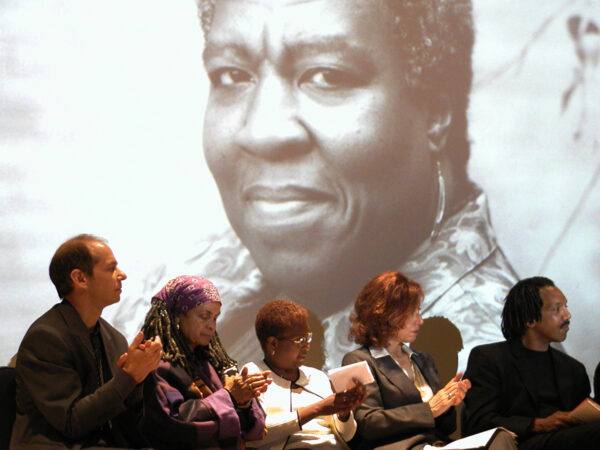
Reading Butler’s fictional works against contemporary social, ecological, and geopolitical crises, her prescient ability to imagine and communicate a dystopic near-future from her writing desk in the 1980s and 1990s is uniquely prodigious

“Literature–or “imaginative writing”–is not simply a window into understanding the theo-political positioning of author and reader, but also a medium for experimentation, in which the familiar is made strange and the strange becomes familiar. “

The authors of this symposium nvite the reader to consider the liberation of those at the table, those on the table, those servicing and serving the tables, those raising, tending and harvesting for tables, and those without access to any table at all.

“Children give us immense joy, but they are also hard work. We have to do everything for them but sometimes we also have to resist the urge to help them, so that they can become independent. They grow up too fast, but also, often, way too slowly. When they rebel against us, it is a sign that we have raised them well. Could we treat our political theological categories similarly? Could we want for them this flexibility, or mutability, this growing independence from us who created them?”
